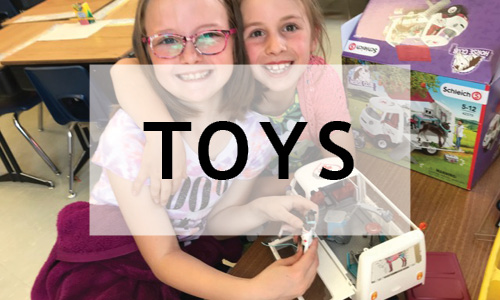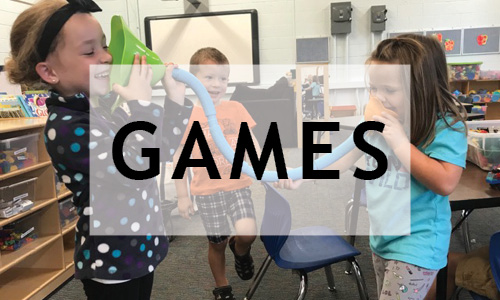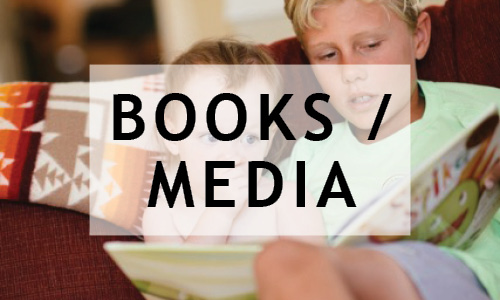What if my baby isn’t interested in looking at a book?
I met a mom who sang the story to her three-month-old baby, after reading didn’t work. Her baby paid attention with the extra stimulation of music, changes in pitch and rhythm. Also, make sure you have books that are simple and geared toward your baby’s age. Often when I visit homes, parents show me their collection of books, many of which are geared toward an older age child. These won’t engage your baby. Don’t forget, when you’ve read or talked about a few pages, you’ve had a story time. Don’t force it. If your baby has had enough, stop and pick up a book later.
Do I have to read to my baby before bedtime? She’s fussy and won’t listen.
No, you want to read to your baby when she is relaxed and attentive, not fussy. You might find that before bedtime, after nap or the middle of the afternoon is the best time. Try to get into a routine but be flexible as her schedule changes. I was working with a mom who thought she had to read to her baby before bed but was frustrated because Maya was too fussy. Break the rules and see what your baby likes.
Is it okay for my baby to watch infant videos?
The American Academy of Pediatrics recommends no TV viewing for children under two years of age. Children under two learn language through social interaction, not by viewing a TV screen. One of my favorite studies came out in July, 2003, where researchers from the University of Washington looked at how babies learn a foreign language. Comparing three groups, the researchers exposed nine-month-old American babies to just under five hours of Mandarin Chinese. The first group heard live native speakers, the second group listened to a professionally produced DVD of the same speakers, and the third group listened to an audio version. The babies in the first group (live speakers) were the only ones who could distinguish sounds in the foreign language. Infants learn language from live speakers through their everyday activities.
On the other hand, many moms have shared that popping in an infant DVD gives them a necessary break to take a shower or get dressed! Life is about balance and that is understandable. Just realize that research backs language learning through live experience, not through videos and TV for infants.
In addition, many infant videos are designed to be watched with a parent so you can narrate the action and relate it to your child’s experience. One mom used her duck puppet and matched it to the rubber duck on the video, talking to her baby while they watched together.



